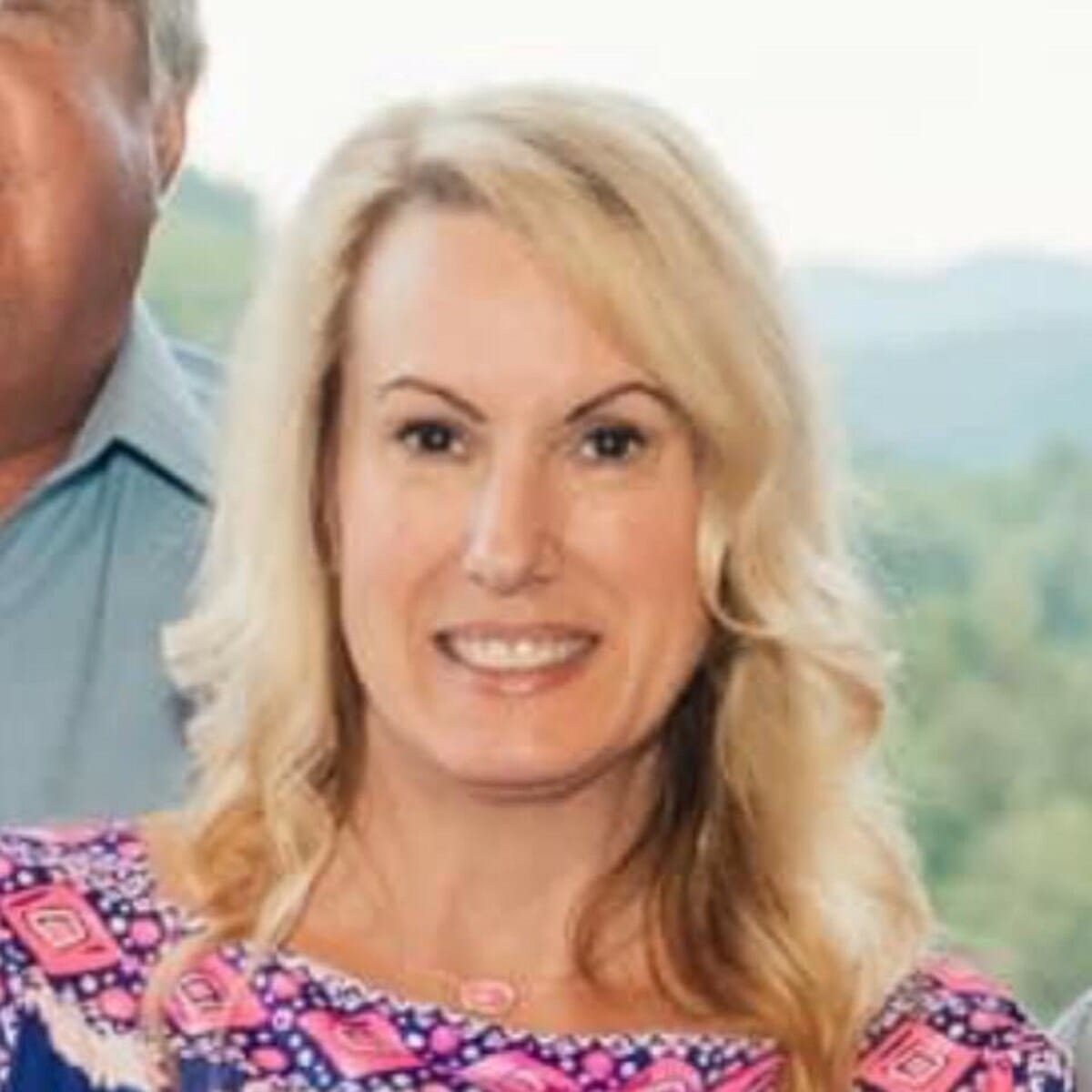By Scott Graber
It is Saturday, and I’m in the carpeted lobby of a hotel in Wilmington, N.C. There is a small bistro that offers cappuccino, bagels and overpriced fruit to the sleepy folk looking for early-morning caffeine. These people stand in line silent, semi-conscious, glancing at a television monitor tuned to the Weather Channel.
Yesterday, Susan and I left Beaufort early, traveling north on U.S. 17 and happily passing through rice fields, wetlands and pine forests before hitting the new condos and the Kiawah-choked traffic just south of Charleston. The Mark Clark Expressway offered us a much needed panorama of the Cooper River. But feeds one directly into the payday loan, nail salon, burger-selling banality that is consuming Mt. Pleasant.
When I was a cadet Mt Pleasant was a collection of shrimp boats, seafood restaurants and home to hot, fresh, Krispy Kreme donuts.
That quaint little village is no more.
Taking U.S. 17 also gave us Georgetown, that offered-up International Paper and a huge, recumbent, semi-retired steel mill. But if one turns on Front Street (just past the steel mill) one discovers a compact waterfront with a wooden boardwalk; fried shrimp and beer-selling pubs; and a historic district with columned homes reminding us of Georgetown’s long gone rice-growing aristocracy. Georgetown is followed by Myrtle Beach.
It is hard for me to find words that properly describe this overdeveloped stretch of commercial mayhem except to say “Myrtle Beach” has become a synonym for communities afflicted with terminal, Stage-3, get-your-affairs-in-order bad taste. If you want to see the dark side of capitalism; or a catastrophic absence of urban planning a pass through downtown Myrtle Beach will check each of those boxes.
In the midst of this contagion is a small stretch of beach that is free of high-rise hotels; the towel, sun screen and sunglass shops that constitute most of the Myrtle Beach morphology. This enclave is called Atlantic Beach and for years has been a beach that serviced South Carolina’s Black population.
Atlantic Beach is small — one-half square mile and having only a four block width along the ocean — that was never amalgamated into North Myrtle Beach. It is characterized by modest, single-storied brick houses surrounded by oak trees. There is a 1950s styled motel and a beach, with actual dunes, but without the typical wall of 12 story-high hotels that block-off access to the strand.
Atlantic Beach was founded in the midst of the Depression when George Tyson bought 47 acres of beachfront from R.V. Ward for $2,000. Tyson bought another 49 acres and sold lots to black doctors, lawyers and businessmen from Conway, Lumberton, Florence and Fayetteville. He also built a nightclub, called the Black Hawk, that attracted Black patrons who danced to the tunes of Ivory Joe Hunter and Jackie Wilson.
Neighboring Ocean Drive, Crescent and Windy Hill beaches share a road that parallels the strand. This road passes through Windy Hill (on the north) but then stops. The road skips Atlantic Beach resuming at neighboring Crescent Beach. The road is symbolic of the segregation that was the law in the 40s and 50s.
But things began to change in the late 1960s. Thanks to Heart of Atlanta v. United States decided by the Supreme Court in 1964, Black folks could now stay at any hotel that engaged in interstate commerce. And just about every hotel in America wanted that kind of commerce.
And so the sons of those black doctors from Fayetteville, and the daughters of those black businessmen from Lumberton began to vacation elsewhere — and Atlantic Beach began to die.
At first the loss of population was small; but then it became precipitous. In 1980 there was an effort to boost tourism — especially tourists owning a Harley-Davidson Softtail — the Town hosting an event called Bike Fest. But today there are only 195 Black folks who remain on or near the beach. And, of course, there is now talk of multi-storied hotels that often come with the “Lazy River” amenity allowing children to float around in inner tubes while their parents drink Pina Coladas in poolside hot tubs.
Yesterday, Susan and I walked through an uninterrupted, unimproved dune field and down to an almost empty the beach marveling at the natural beauty. But then we looked up and down the beach knowing it was only a matter of time before surrounding contagion would arrive.
Scott Graber is a lawyer, novelist, veteran columnist and longtime resident of Port Royal. He can be reached at cscottgraber@gmail.com.







